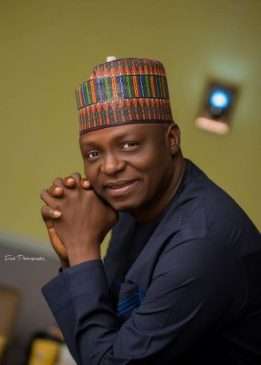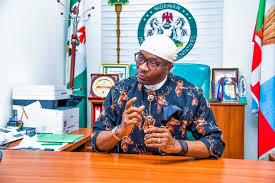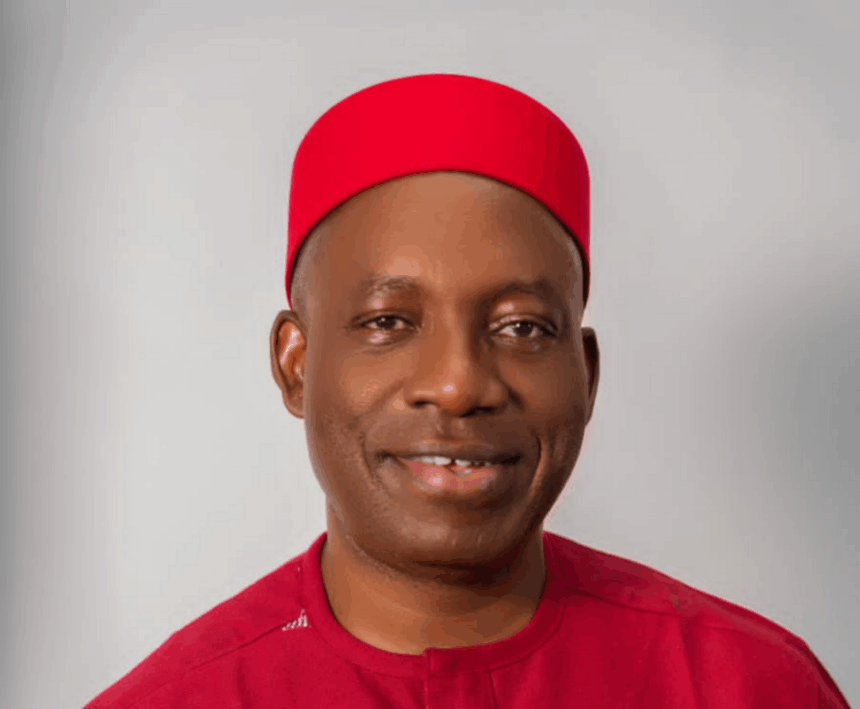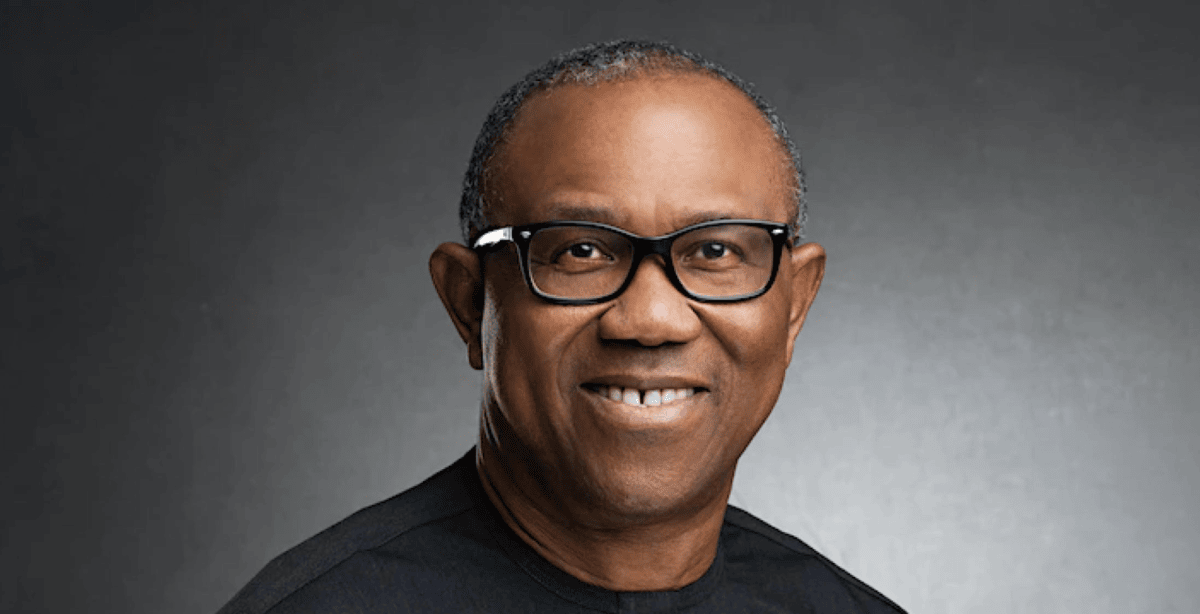Toward 2027 Nigeria’s Elections: Umpire, Adjudication, Fair Play, and Democracy
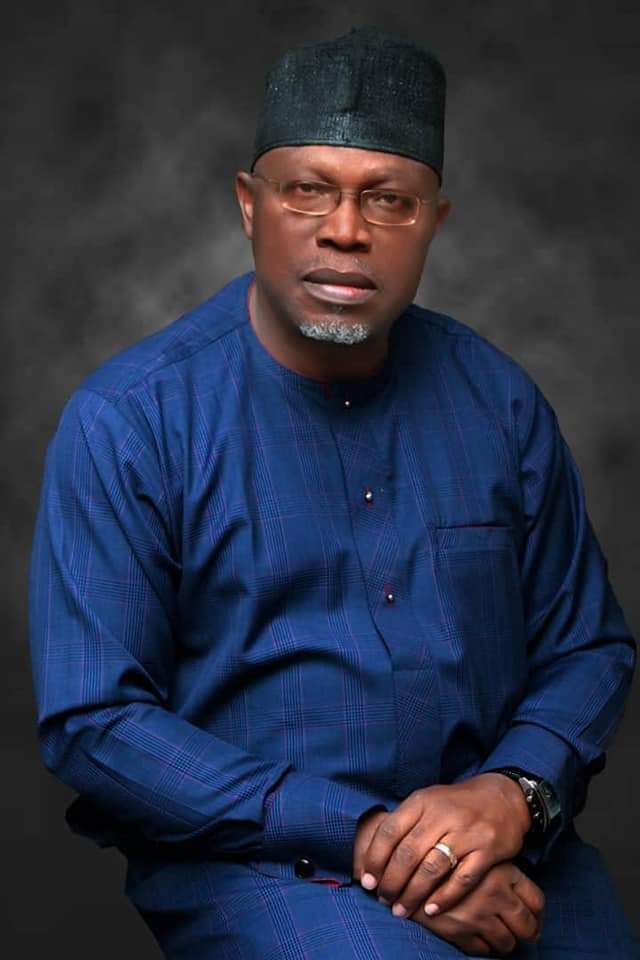
By Baba Isimi FNIA
In the grand and often tumultuous theatre of Nigerian democracy, every election is more than a contest for power; it is a profound test of the nation’s institutional integrity.
*As the gaze of the nation begins to shift towards the 2027 polls, a trinity of concepts emerges as the bedrock upon which its legitimacy will rest: the impartiality of the electoral Umpire, the wisdom of judicial Adjudication, and the foundational principle of Fair Play.*
The journey to this juncture has been long and winding, a path paved with both progress and profound disappointment, where the courtroom has frequently become the final, decisive battleground.
The history of court intervention in Nigeria’s electoral system is a complex tapestry, woven with threads of hope, controversy, and resilience. Since independence, the judiciary has been tasked with the solemn duty of arbitrating disputes that arise from the fervour of political competition.
Yet, its role has evolved from a peripheral referee to a central, and sometimes controversial, architect of political outcomes. The annulment of the June 12, 1993, presidential election which was widely regarded as a free and fair election, stands as an indelible scar from the Babangida era. This act, which had some judicial underpinnings plus raw executive power, did not just rob a people of their verdict; it fundamentally altered the nation’s trajectory and seared into the public consciousness the devastating consequences of stolen mandates.
The return to democracy in 1999 did not diminish the courts’ role; it amplified it. The Fourth Republic has been defined by a relentless parade of electoral petitions, from local government wards to the highest office in the land. Gubernatorial tenures have been overturned, legislative seats have been invalidated, and the very presidency has been subject to legal challenge.
This judicialisation of politics has, may have, in theory, provided a necessary conduit for redress. Yet, it has also spawned a culture of, if you are not satisfied “Go to Court,” where the fervent battle for the people’s vote is often secondary to the protracted legal war that follows. This reality has placed an immense burden on the judiciary, transforming its halls from halls of justice into arenas where political futures are ultimately decided.
Inextricably linked to this expanded role is the pervasive cloud of controversy. Certain judgments have been met not with acceptance but with public incredulity, feeding narratives of compromise and political manipulation. Instances of judges facing removal or intense scrutiny over their rulings have further eroded the sacred trust in judicial impartiality. This perception, whether accurate or not, is a poison in the veins of democracy.
When a significant portion of the electorate believes that the scales of justice are tipped by the weight of political influence or monetary gain, the very legitimacy of the elected government is undermined. The umpire, in this case the judiciary, is then seen not as a neutral arbiter of fair play but as a player in the game itself.
This precarious situation has ignited urgent and widespread calls for reform. The concerns are no longer whispered in legal corridors but are shouted from the pulpits of public discourse. The integrity of the entire electoral dispute resolution process is under scrutiny. Stakeholders across the spectrum, from civil society organisations to concerned citizens, are all advocating for a fundamental reform of how Nigeria adjudicates its most consequential disputes.
The discourse now includes serious proposals for the establishment of a specialised Constitutional Court, designed to handle electoral and constitutional matters with expert efficiency and insulated independence. Other reforms seek to streamline the process, impose strict timelines to prevent protracted uncertainty, and enhance transparency within the judiciary itself to rebuild shattered confidence.
Therefore, the 2027 elections loom not merely as another political event, but as a critical inflection point. The performance of the Independent National Electoral Commission (INEC) as the initial umpire will set the stage; its ability to conduct a transparent, credible, and technologically sound poll is the first and most crucial step toward legitimising the outcome. However, the role of adjudication cannot be understated. For democracy to be truly served, the judiciary must rise to the occasion as the unwavering guardian of the process, its judgments untainted by doubt and its wisdom clear for all to see. It must ensure that the principles of fair play are upheld, not just in the field of play but in the review of it.
The stability of Nigeria’s democracy hinges on this delicate balance. The journey from the ballot box to the Supreme Court must be a path paved with integrity, not intrigue. As 2027 approaches, the nation’s collective hope is for an election where the will of the people is expressed freely at the polls, respected by the umpire, and defended unequivocally by the courts. Only then can the promise of a truly democratic Nigeria, forged in fair play and justice, be fully realised.





